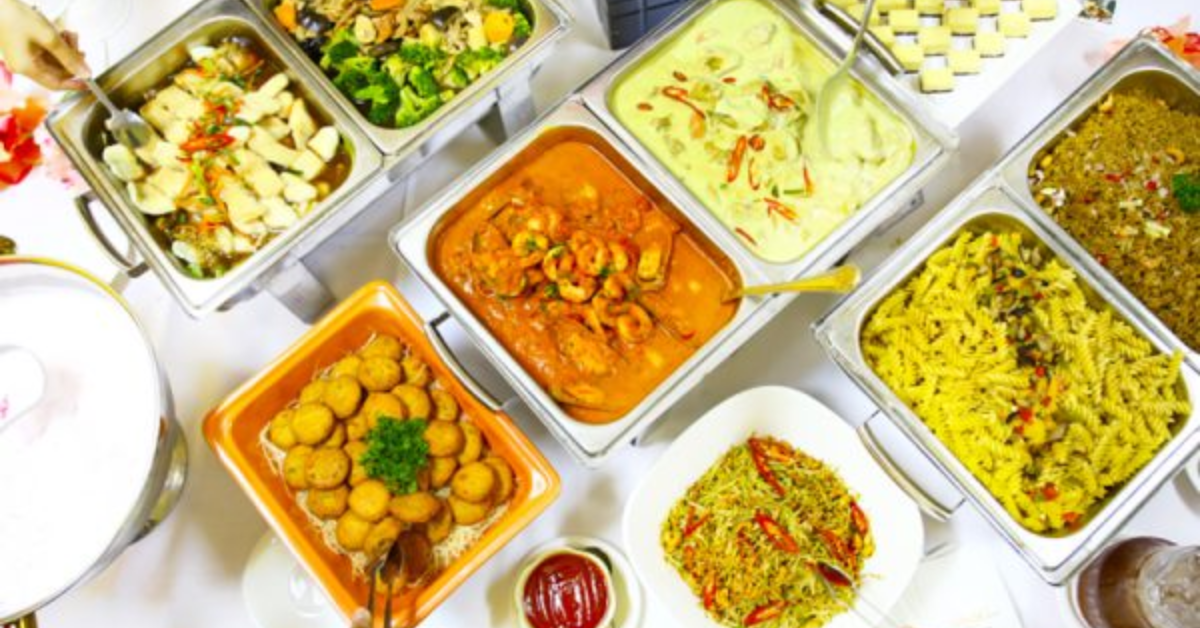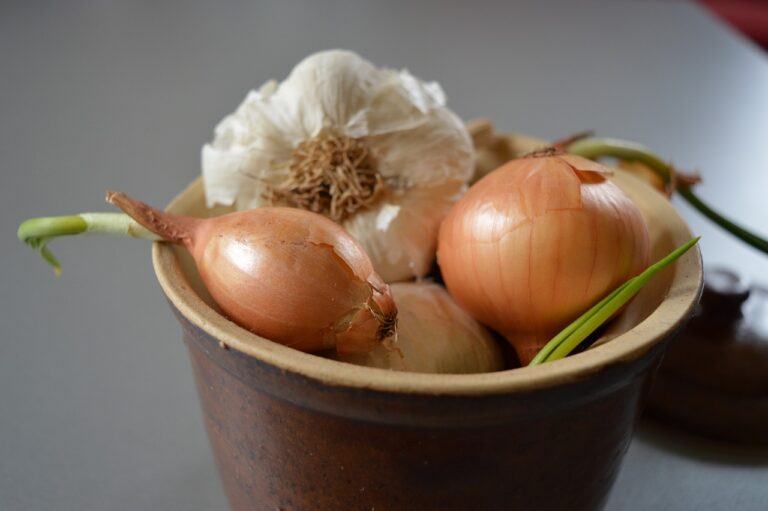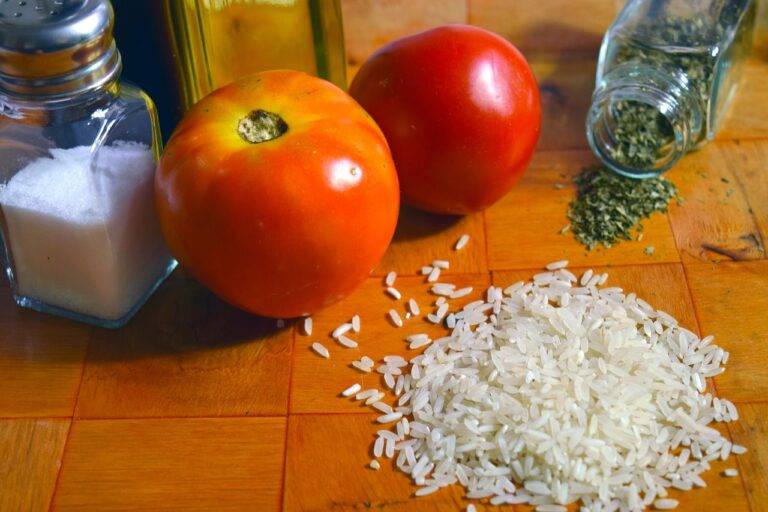The Rise of Halal Bento Catering in Singapore: A Culinary Trend Rooted in Culture and Convenience
In recent years, Halal Bento Catering has seen a significant surge in popularity across Singapore and other cosmopolitan cities. As multicultural societies grow and dietary needs become more diverse, catering services are adapting by offering personalized, convenient, and culturally respectful options. The concept of Bento, traditionally a Japanese single-portion meal packed in a box, has been successfully localized and adapted for various communities, including those who follow Halal dietary guidelines. This fusion of form and faith has not only created a niche market but has also enhanced food inclusivity in social and corporate events.
Understanding the Bento Culture
The origin of the Bento box can be traced back to Japan, where it evolved from simple meals packed for agricultural workers into a refined presentation of home-cooked food. Bentos are known for their visual appeal, portion control, and well-balanced nutrition. Typically, a Bento box includes rice or noodles, protein, vegetables, and sometimes fruit or dessert. Its compartmentalized design helps in maintaining food quality and flavor separation, making it a practical choice for meals on the go.
When adapted for Halal consumers, the essence of the Bento remains intact, but the ingredients and preparation methods are altered to comply with Islamic dietary laws. This means all meat must be sourced from certified Halal suppliers, alcohol and pork are strictly prohibited, and utensils used must also adhere to Halal cleanliness standards. Halal Bento Catering services ensure that every aspect of the meal—from sourcing to packaging—respects these rules.
Why Halal Bento Catering is Gaining Traction
There are several factors contributing to the rise of Halal Bento Catering services:
1. Cultural and Religious Inclusivity
With Singapore’s significant Muslim population and its commitment to multicultural harmony, providing Halal food options is essential at public and private gatherings. Halal Bento Catering ensures that Muslim guests can dine comfortably without having to worry about the source or preparation of their food. This promotes inclusivity and respect, making everyone feel welcome and valued.
2. Corporate Demand for Convenience
The corporate world is increasingly leaning toward catered meals for meetings, workshops, and team events. Bento boxes offer a neat, mess-free, and individually portioned solution that aligns perfectly with hygiene concerns, especially in a post-pandemic environment. Halal-certified Bento boxes further broaden the accessibility of such meals for diverse workforces.
3. Health and Nutrition Consciousness
Modern consumers are more aware of their dietary choices than ever before. Bento meals are inherently balanced, often including a mix of lean proteins, vegetables, and complex carbohydrates. Many Halal Bento Catering services take it a step further by offering low-sodium, vegetarian, and even vegan options, catering to both religious and health-related needs.
4. Event-Friendly Presentation
Whether it’s a wedding, corporate seminar, or community festival, food presentation matters. Bento boxes are elegant yet practical, eliminating the need for extensive setup or cleanup. The neat packaging also reduces food waste and simplifies distribution.
What to Expect from Quality Halal Bento Catering
When opting for a professional Halal Bento Catering service, certain standards should be expected:
-
Halal Certification: Always check that the caterer has certification from a recognized Halal authority. This ensures not only the food but also the preparation and handling processes are compliant.
-
Diverse Menu Options: From local favorites like nasi lemak and ayam masak merah to international dishes like pasta and grilled fish, good Halal Bento services offer a wide variety of choices to suit different tastes.
-
Customizable Packages: Look for services that allow customization based on dietary needs, themes, or budget. Many caterers also offer kids’ meals, dessert add-ons, and drinks.
-
Punctuality and Professionalism: Timely delivery and well-maintained packaging are essential, especially for large-scale events or formal gatherings.
Sustainable Practices in Halal Bento Catering
Another growing trend is sustainability. Many Halal Bento Catering providers are making an effort to reduce their carbon footprint by using biodegradable or recyclable packaging. Some even source their ingredients locally to minimize transportation-related emissions and to support local farmers and producers.
Consumers are also encouraged to opt for caterers who promote minimal food waste. By offering pre-ordered, portioned meals, Bento boxes naturally reduce the risk of over-catering.
A Popular Choice for All Occasions
From corporate events to family gatherings, school functions to community outreach programs, Halal Bento Catering is becoming a staple. It’s not just about meeting dietary restrictions—it’s about showing respect and creating a seamless dining experience for everyone involved. The convenience of having ready-to-eat, beautifully arranged meals makes planning and execution much smoother, especially for event organizers dealing with large and diverse guest lists.
Many event planners now specifically request Halal Bento Catering for their inclusive appeal and practicality. Some services even offer themed Bento boxes during festive seasons like Ramadan, Hari Raya, or National Day, further enhancing the cultural relevance of their offerings.
The Future of Halal Bento Catering
As the food service industry evolves, we can expect to see even more innovation in Halal Bento Catering. Integration of technology such as online meal customization, AI-driven dietary recommendations, and contactless delivery will enhance customer experience. Additionally, the blending of culinary traditions—such as Malay-Japanese fusion or Middle Eastern-Peranakan Bento boxes—can bring exciting new flavors to the market.
Moreover, as consumers become more environmentally and ethically conscious, we may also see a stronger push towards organic and fair-trade ingredients in Halal meals. This evolution not only benefits the Muslim community but also promotes a more ethical, inclusive, and sustainable food culture overall.
Conclusion
Halal Bento Catering is not just a passing trend—it’s a reflection of changing consumer expectations, greater cultural awareness, and the need for convenient, inclusive dining solutions. Whether you are planning a small team lunch or a large-scale celebration, this catering style offers flexibility, presentation, and peace of mind for hosts and guests alike.
By embracing Halal Bento Catering, individuals and organizations alike are making a statement—one that honors tradition, supports dietary integrity, and celebrates the beauty of diversity through the universal language of food.







